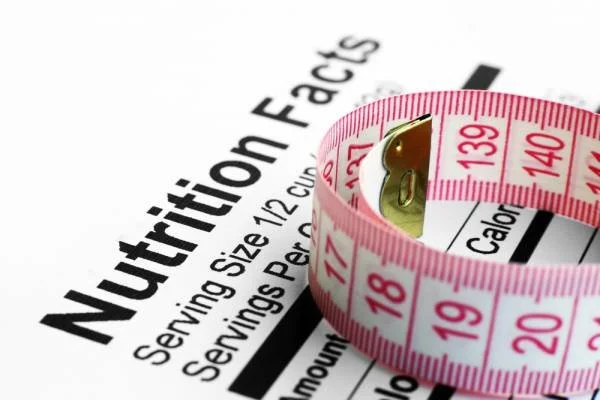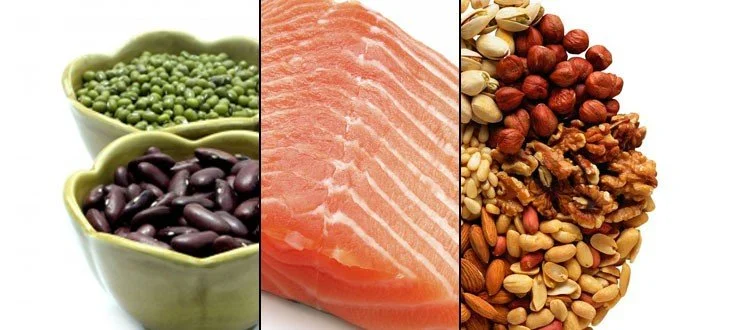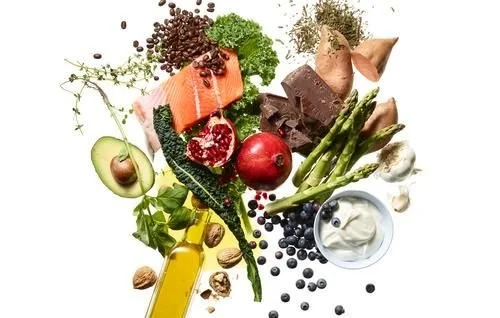Diet hacks - how to structure and prioritise your diet
If the input is larger than the output, then more gets retained than depleted, and vice versa. Even though our bodies are not as simple as a basic math problem, because nutrition has several variables, we can use this principle to define human metabolism.
Each of the nutritional variables has its own place in this process. Some of them are more important than others and you need to adjust them accordingly if you wish to get the best possible results.
When it comes to body composition, the main variables you should focus your attention on are nutrition, exercise, recovery, lifestyle, and supplementation, with nutrition being of the utmost importance. When translated into percentages, we can say without a doubt that nutrition takes up 80% of the equation, while supplementation, for example, accounts for about 1%. This is precisely why attention must be given to nutrition above all else.
Nutrition Changes are Necessary
The logical conclusion is that making changes to your nutrition is important if you want to make changes to your body. We all know that we have to make positive changes to our food choices, but it gets confusing when we ask ourselves; what, when, and how much?
Nutrition also has its variables or components, and these are energy intake, food typology, macronutrients, and food timing. In other words, it’s about the amount of food you eat, the type of food you eat, what it’s made up of, when you eat it and what other foods you eat it with. However, this math is not that simple because our bodies differ, so these variables have a different value for each of us.
A Fragile Structure
Here is what you need to know about each individual variable.
Energy intake
Calories are not a unit of nutrition, but of energy. Thus, energy intake is represented by the total number of calories you eat in a day. Progress is determined by the ratio of energy intake and energy output. You will lose weight if you burn more than you eat because losing weight ultimately comes down to an energy balance. However, it is possible to lose weight regardless of the kind of foods you eat if you decide to go on a low-calorie diet, but it’s not sustainable. The foods you eat are also important because 500 calories from lean beef has a different effect than 500 calories from Oreos.
Food typology
Let’s use this term to determine the difference between diet types. This catch term simply describes your general eating habits. Your typology might be an omnivore, or primal, or paleo, or vegan, or vegetarian, and so on. As awesome as these diets might be, going just primal/paleo/vegetarian doesn’t mean you don’t have to think about calories. Switching to one type of diet means cutting out a lot of what used to be your nutritional habits. You might cut down your calorie intake but energy input still matters. With fewer things to eat, it can be much harder to regulate it.
Macronutrients
There are three kinds of macronutrients: proteins, carbohydrates, and fats. They are the makeup of individual food items. Macronutrient manipulation is very important, but it does not involve cutting out any of them from your diet. Cutting down on fats and carbs will get you to lose weight, but only for some time. What you need to aim for is finding the right ratio of macros for your own body. With the help of a body measurement tracker, you can track your progress and allow your metabolism to set a pace you are content with.
Food timing
It has to do with the number of meals you consume per day and how often you consume them. Do you eat only three major meals, eat on a schedule, eat only when hungry, etc? Once you find the right kind and amount of food to eat, you will also need to time it so that your body can use the most of the valuable nutrients you are providing it with. For optimal results, you are advised to eat six meals per day, evenly timed during the day, with 2-3 hours in between each one.
Food variations
Not all diets are made for all people and all goals. In other words, you need to adjust it according to your current goals, whether they are losing weight, bulking, cutting, staying in shape, training for a competition, etc. After you have achieved a certain goal, you need to rethink your diet. You can never sustain any goal by living on a given set of foods, however nourishing they may be. Even if you have created a diet for achieving a specific goal, once you reach it, you will no longer respond to it properly, and you need to make changes in order to be able to get to your next desired milestone.
The key takeaway is to bear in mind that your diet is constantly evolving. You need to change it as your goals, priorities and lifestyle change and never be afraid to tweak anything you feels needs adjusting. What works for me may not work for you, and vice versa. Learn to listen to your body and enjoy sculpting it into what you want it to be.
Related articles:
Consistency - the key to training success
5 reasons your diet is doomed







